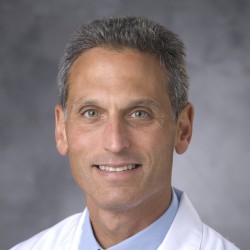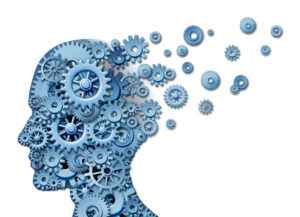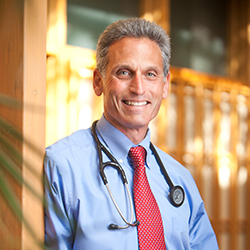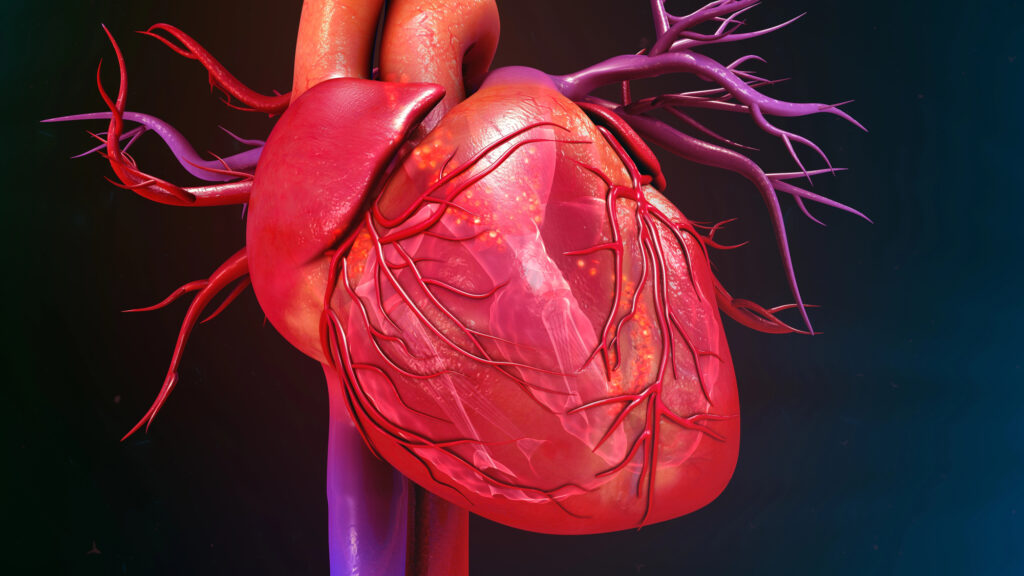By Adam Perlman, MD, MPH, FACP

Personally, I don’t have a formal mindfulness practice but I spend a lot of time thinking about who I am and who I want to be and how I show up in this world. I would describe my practice as both reflective and contemplative. I also use an executive coach to help develop and refine my knowledge and skills. Along the way I have looked for tools and resources to help me in my journey. For instance, a while back I bought The Power of Now by Eckhart Tolle. I read about 100 pages when his concept of not listening to this voice in your head that’s talking about the past or babbling about the future but instead being present in the moment., really struck me.
Tolle said: Identification with thoughts and the emotions that go with those thoughts creates a false mind-made sense of self, conditioned by the past: the “little me” and its story. This false self lives mainly through memory and anticipation. Past and future are its main preoccupation. The present moment, at best, is a means to an end, a stepping stone to the future, because the future promises fulfillment, the future promises salvation in one form or another. The only problem is the future never comes. Life is always now. Whatever happens, whatever you experience, feel, think, do — it’s always now. It’s all there is. And if you continuously miss the now – resist it, dislike it, try to get away from it, reduce it to a means to an end, then you miss the essence of your life, and you are stuck in a dream world of images, concepts, labels, interpretations, judgments — the conditioned content of your mind that you take to be “yourself.” And so you are disconnected from the fullness of life that is the “suchness” of this moment.”[1]
I could see that it was something that I was doing. I spent a lot of time either thinking about the past or dreaming about the future. And that one idea was enough to propel me on a better course and I began to practice “not listening” to my mind.
Another book that helped me was The Four Agreements by Don Miguel Ruiz. The second agreement is “don’t take it personally.” Ruiz said: “Whatever happens around you, don’t take it personally… Nothing other people do is because of you. It is because of themselves.”
When I read it, I thought, wait a minute, I can see how I have been making things personal and reacting to other people’s judgments and negative emotions. It resonated with me so I began working with it and as I did, I rescued myself from a lot of turmoil.
Here’s this concept — these nuggets of wisdom are like food. You need to take that food in and digest it. You need to assimilate it into your body and mind until it becomes your own.
WHY IT MATTERS
You can see from the above examples, how self awareness and reflection often lead naturally into a more informed state — an idea triggers reflection and that reflection leads to a new way of being. I think you can also see how developing informed mindfulness makes a big difference in one’s ability to lead.
Who would be the better leader — the person who is always worrying about the mistakes of the past and fantasizing about the future, or the person who is deeply rooted in the now, seeing and responding to things as they truly are?
Who would be the better leader — the person who constantly worries what other people think and is always trying to change him or herself in response, or the person who knows who he or she is and always acts in accordance with his or her values?
Who would be the better leader — the person who is aware of what was happening but doesn’t know how to resolve the situation or the person who is aware of what was happening and understands which path leads them out of the forest?
Let’s all become better leaders by becoming mindful and informed.
[1] http://www.eckharttolle.com/article/The-Power-Of-Now-Spirituality-And-The-End-Of-Suffering. Accessed 12 March 2015.
Read more here on PART I, Informed Mindfulness as the Foundation for Leadership, By Adam Perlman, MD








